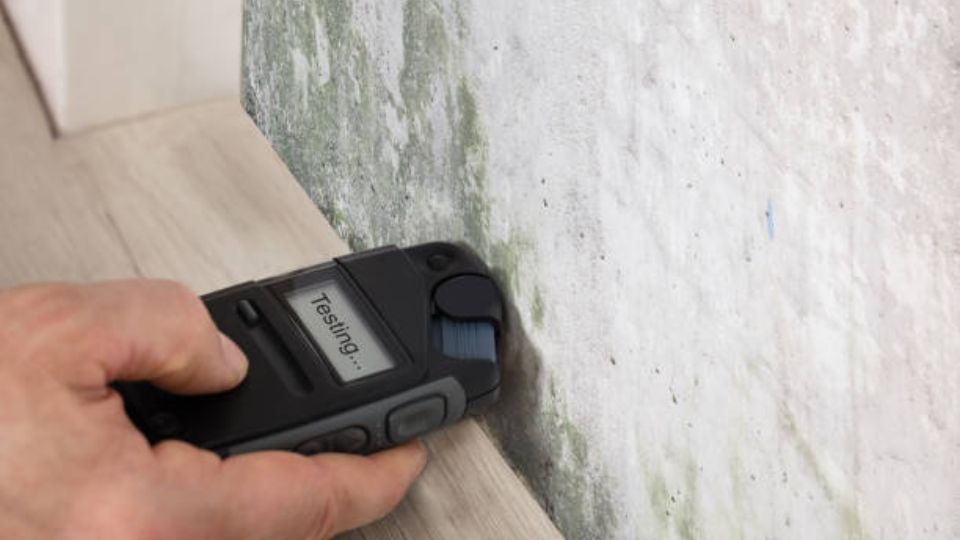Mold can be a severe issue in any home. Not only is it unsightly, but it can also cause health problems for you and your family. If you have mold in your home, it’s essential to test for it as soon as possible.
Some signs that indicate the presence of mold in your home include a musty smell, visible growth on walls and ceilings, and water damage.
Read more: How Do I Know If Mold Is Growing In My Basement?
There are several different ways to test for mold in your home. We will discuss how to test for mold and what to do if you have a problem with mold in your home.
1. Determine If You Have a Mold Problem
Mold growth happens when there is an excess of moisture in the air or on surfaces. A dripping roof, plumbing leaks, and condensation can lead to mold growth. Inspect your home’s walls, ceilings, windowsills, and floors for discoloration or any visible signs of mold. If you do see signs of it, or if your home smells musty, it is time to inspect further.
2. Collect Samples for Testing
Experts in mold testing use different methods to find and collect samples. These include:
a) Air Sampling:
This involves collecting a sample of air and sending it to the laboratory for testing. The air sampling procedure can be used in different house parts, such as near HVAC ducts or other areas where mold may be present.
b) Swab Sampling:
Swab samples are taken by rubbing a sterile swab on non-porous surfaces, such as walls or floors. The sample can then be sent to the laboratory for further testing.
c) Bulk Sampling:
This involves collecting a physical sample of the material that may be contaminated with mold and sending it to the laboratory for analysis.
3. Test the Samples for Mold
Testing mold samples requires specialized kits, or you can send the samples to a laboratory for analysis. Be sure to follow your chosen method’s instructions carefully and note any information unique to your particular situation.
4. Interpret the Test Results
Mold growth found in your home should be tested and identified to determine the best course of action for remediation. It’s important to understand that a professional mold inspector or testing company can help you interpret the results so you can make informed decisions on how to address the problem.
The test kits available at hardware stores include easy-to-follow instructions, but these tests need to assess the type or amount of mold growth accurately. For this, a professional lab will be necessary to provide a detailed report of what types of molds were found and the levels they were present.
5. Take Action Based on the Results
Mold remediation involves both the removal of existing mold growth and the prevention of future mold growth. If the test results show high mold levels, it is essential to take action quickly. Mold can cause health problems, such as allergies and asthma, so it should be removed immediately.
6. Maintain Your Mold-Free Environment
Preventive measures are the best way to keep your home free of mold. Take steps to reduce humidity in areas prone to moisture, such as bathrooms and kitchens, by using exhaust fans or dehumidifiers and ensuring that these areas are well-ventilated.
Call Mold-B-Gone for expert mold inspection in Atlanta. We are a certified mold remediation company with the experience, knowledge, and technology to diagnose and remove mold from your home or office accurately.

